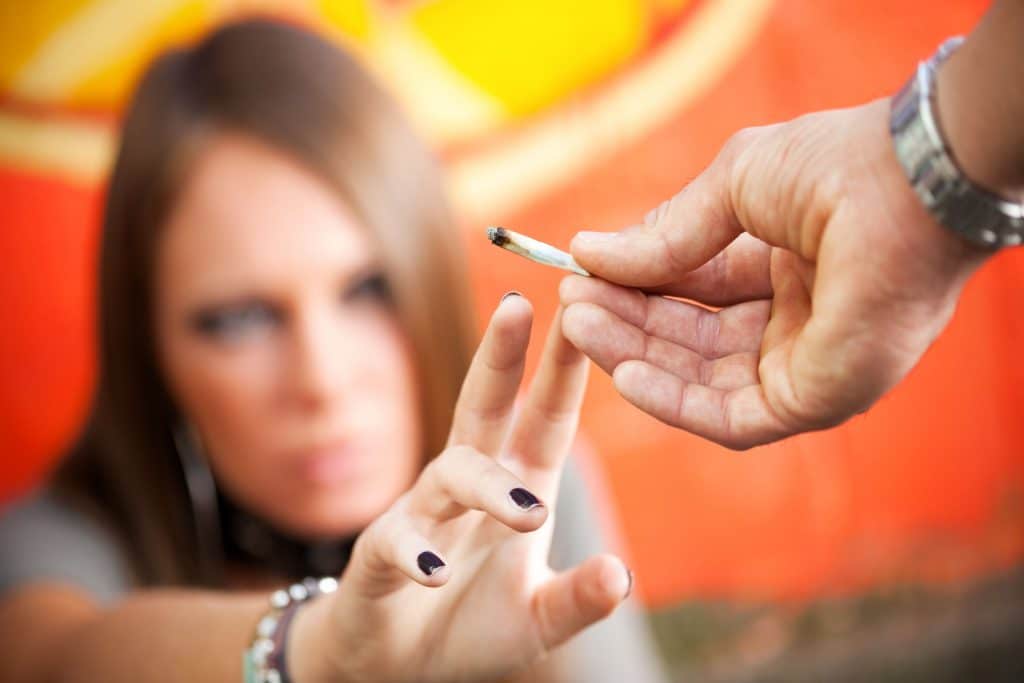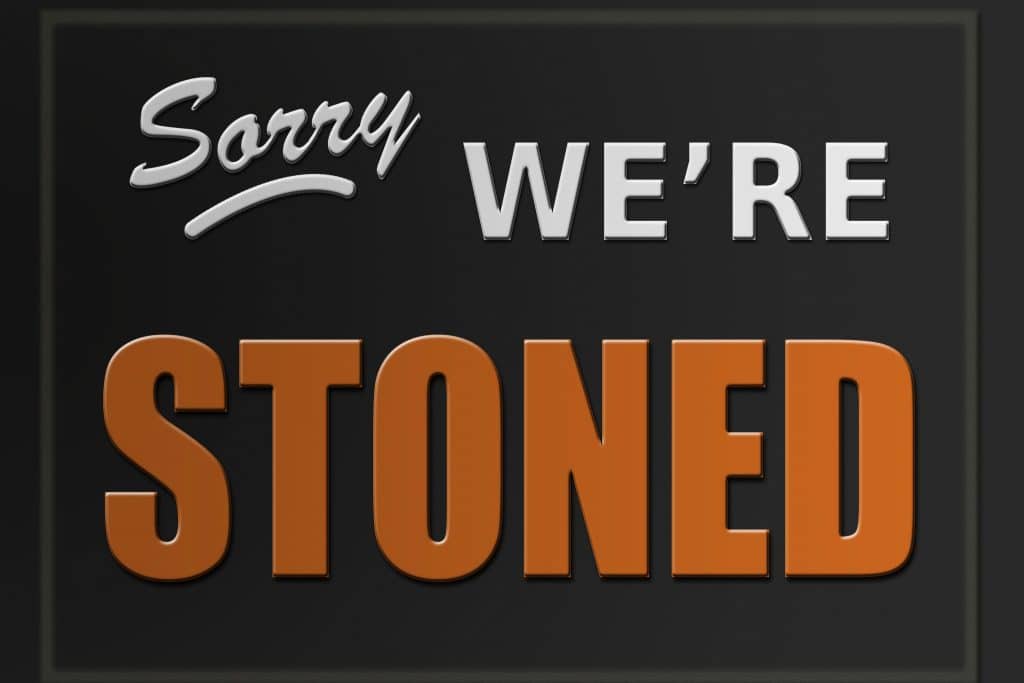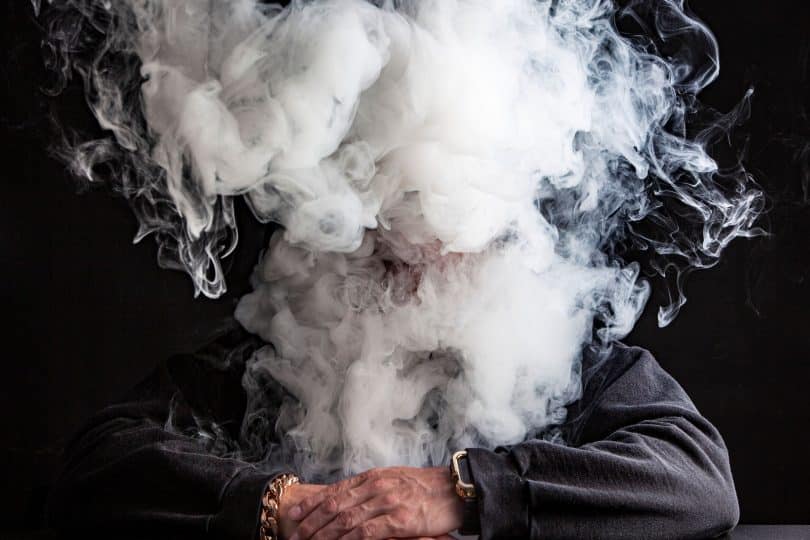The line is old and never made sense in the first place, but politician after politician like to extol the fear that if they legalize cannabis, everyone will become a pothead. As it turns out, study after study say the opposite, that legalizations don’t increase cannabis use, particularly in younger populations. Take a look.
Yet another study now shows that legalizations don’t increase new cannabis use in kids, so why do we keep hearing that it will from politicians? Remember to subscribe to The Cannadelics Weekly Newsletter all the latest news and industry stories, as well as exclusive deals on flowers, vapes, edibles, and other products. Also save big on Delta 8, Delta 9 THC, Delta-10 THC, THCO, THCV, THCP & HHC products by checking out our “Best-of” lists!
The study
The question of whether legalizations do or don’t increase use comes up a lot in debates over legalization measures. A study published a couple weeks ago called Estimating the effects of legalizing recreational cannabis on newly incident cannabis use, investigates the estimated occurrence of new cannabis users in the below 21 years-of-age grouping, versus those 21 and above. The study sought to find estimates representative of all US states, as well as Washington, DC, and used the data of 819,543 US residents (non-institutionalized) from the years 2008-2019.
Information was collected via audio computer-assisted self-interviews, as part of National Survey on Drug Use and Health (NSDUH) surveys. These surveys were cross‐sectional, and conducted with “multistage area probability sampling to draw state-level representative samples and to over-sample 12-to-17‐year‐olds.”
It should be noted that this entire study draws from information taken from semi-unrelated research, and was not designed and carried out specifically for its purpose. As stated by the investigators in the write-up, “As this research used publicly available and anonymized data, the research was determined as not human subjects research by the Michigan State University Institutional Review Board on 8/26/2021.” This is not an uncommon practice, and though often used to create associations that really don’t exist, in many situations its a perfectly fine way to collect and asses data.
Investigators used DiD event study models (difference-in-difference) to make inferences on policy effects that were implemented in a staggered way over a period of time. These models are regularly used to show treatment effects from before and after treatment sessions, in medicine, and are used similarly here to see the difference in cannabis use, pre and post legalization.
The results of the study indicate “no policy-associated changes in the occurrence of newly incident cannabis onsets for underage persons, but an increased occurrence of newly onset cannabis use among older adults.” So, basically, its saying that legalizations didn’t lead to more underage people starting to smoke, but did lead to more people of legal age starting to smoke.
They go on to stipulate, “These results show consistent evidence of an increase in the occurrence of newly incident cannabis use for adults aged 21 years and older after the removal of prohibitions against cannabis retail sales. For those aged 12-20-years-old, the study estimates support the hypothesis that RCLs did not affect the occurrence of newly incident cannabis use for underage persons.”

And that “We offer a tentative conclusion of public health importance: Legalized cannabis retail sales might be followed by the increased occurrence of cannabis onsets for older adults, but not for underage persons who cannot buy cannabis products in a retail outlet.” As dispensaries are meant for adults to use at will, and are only barred to underagers, this hardly presents a problem, while backing up that legalizations really don’t increase cannabis use among younger residents.
Are new adult smokers a problem?
This study shows that legalizations don’t increase use in kids, and don’t result in every kid running out to start smoking weed. In fact, it maintains that this isn’t a reason for worry at all. What it does point to, is the possibility that more adults 21 and above might start to smoke after legalizations.
I expect this will be enough for some politicians to latch onto in their quest to link legalizations with a pothead culture. But the problem with this, is that a legalization, and legal dispensaries, are meant to allow this very behavior, indicating that its not a dangerous enough behavior to warrant concern. In fact, not only is it not dangerous, but the array of states with medical legalizations might argue that cannabis is beneficial, which makes it not only not a bad thing for more adults to use cannabis, but possibly an overall beneficial one.
Plus, having an issue with adults smoking, is silly at best when considering how many bars there are, and retail locations to buy alcohol, the drug with one of the highest death counts, and overall global rates for death and disability. And one of the only drugs (along with the idea of smoking in general) that regularly hurts those not partaking, in the form of drunk driving incidents. And though legislators like to point at cannabis for causing danger on roadways, this too has been evaluated in studies, which actually found lower incidence rates of driving accidents in states with medical legalizations.
Should we care that a legalization measure meant to make something completely available to adults…is being used by those adults? Even if in higher numbers than before? I mean, that is the purpose of the industry, right? And given how excited everyone is about the tax value of the cannabis market, it kind of seems like increasing adult smokers, was always the goal.
Uruguay study already showed similar results
Though investigators in the study mentioned above say “This cannabis policy evaluation project adds novel evidence on a neglected parameter”, referring to research on how prevalent new underage smokers are post legalization; this is not correct. Other investigations about whether legalizations do or don’t increase use are already published on this topic, including a recent one from Uruguay.

Uruguay was the first country in the world to go against global mandate and legalize the recreational use of cannabis back in 2013. So it easily has the longest running data stream for how a legalization effects smoking onset in different age groups. In May of this year, a study was published, which “measured whether Uruguay’s non-commercial model of recreational cannabis legalization was associated with changes in the prevalence of risky and frequent cannabis use among secondary school students.”
The study used collected cross-sectional surveys filled out by both Uruguayan and Chilean secondary school students (8th, 10th, 12th grades), from 2007-2018, with a total of 204,730 persons for which data was collected. They used a full range of kids in the 12-17 age range, as well as a specific group in that range that mentioned past-month or past-year use, as well as another group of 18-21 year olds.
They particularly looked at changes in frequent or risky cannabis behavior in past-month and past-year models, with special interest in changes just after the legalization kicked in, in 2014. Investigators used the Cannabis Abuse Screening Test for risky cannabis behaviors, and established frequent use as 10+ days in the last month.
Study results found that there was not an increase, but a decrease in both past-month and past-year use directly following the start of the industry, in the 12-17 range. Though there was a slight uptick in the 18-21 range right after the market opened, risky use quickly decreased soon after. In fact, risky use decreased in all the following samples: participants who used in the past-month, who used frequently in the past-year, and those that claimed frequent use from the entire sample.
Not only does this study indicate no issue with raised cannabis use in the underage community after legalization, but it shows a decrease in overall risky use for all groups. Plus, this is the second study of this nature out of Uruguay. In 2020, the study The impact of cannabis legalization in Uruguay on adolescent cannabis use was published, which came to its own conclusion that “We find no evidence of an impact on cannabis use or the perceived risk of use. We find an increase in student perception of cannabis availability (58% observed vs. 51% synthetic control) following legalization.”
This indicates that students are wholly aware of the increased availability of cannabis, yet aren’t running out to go get it. The study sought to “estimate the impact of legalization in Uruguay on adolescent past year and month cannabis use, perceived availability of cannabis and perceived risk of cannabis use.”
Conclusion

How long will we keep hearing the line that we’re all going to be pot junkies if a legalization occurs? And how many more studies must show that legalizations don’t increase cannabis use in younger communities, before the powers that be get the point? As the line sounds like an excuse to begin with, I’d say we’re not even close to that backwards sentiment being wiped off the boards, and it will take time for the logic to fully filter down. Luckily, the process is most definitely underway, thanks to recent research.
Welcome all! We appreciate you stopping by Cannadelics.com, a premiere independent news publication covering the exciting and expanding cannabis and psychedelics landscapes. Come by daily for regular updates on important happenings, and cruise over to the Cannadelics Weekly Newsletter, so you’re never late on getting a story.







